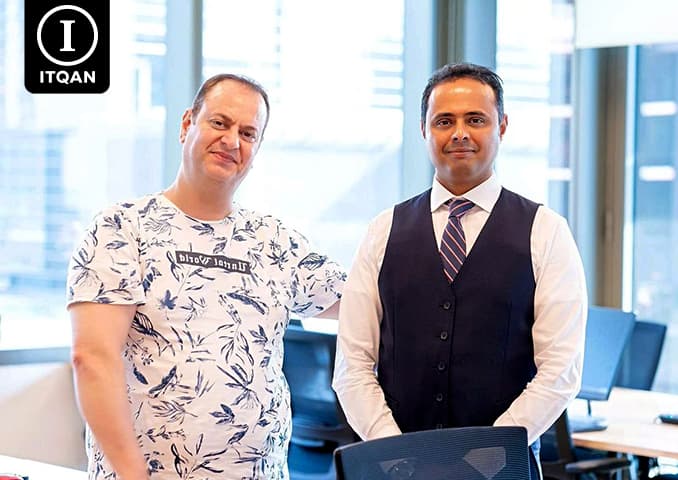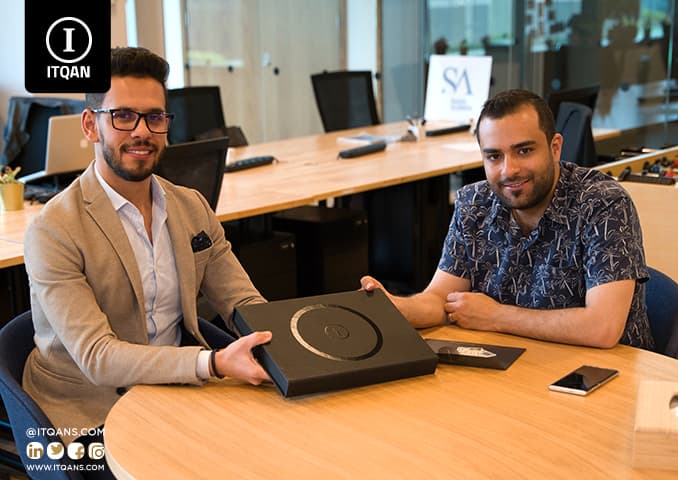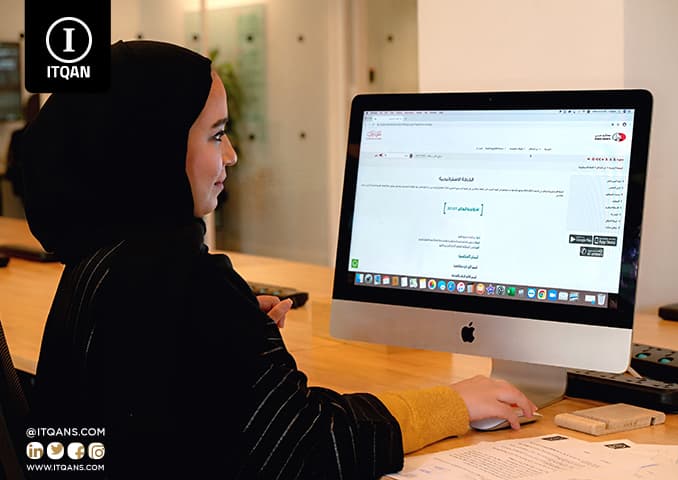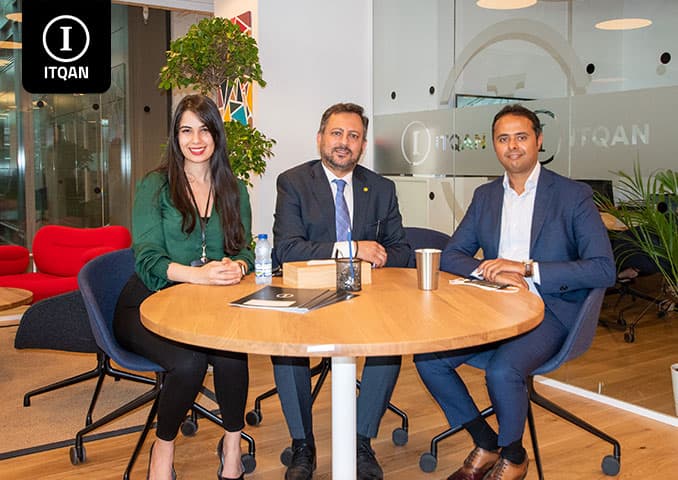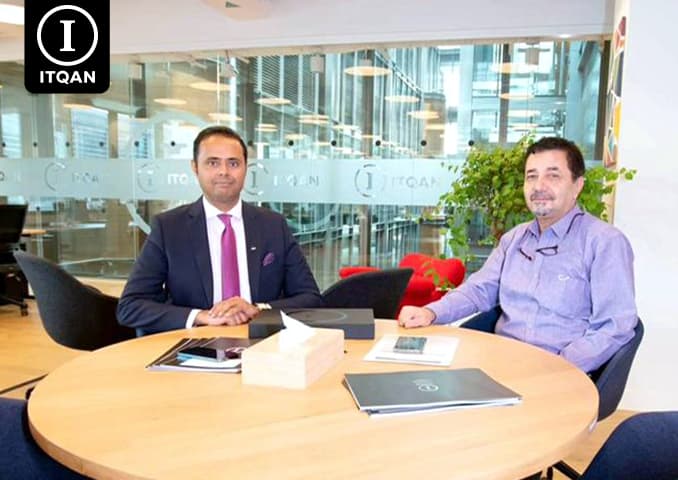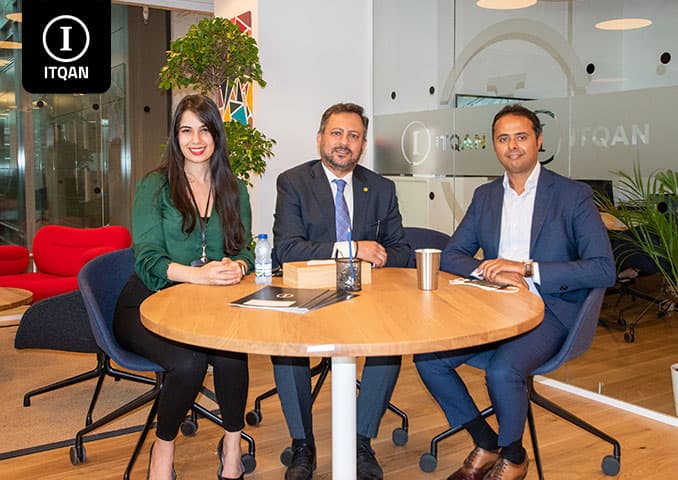The United Arab Emirates is one of the most prominent investment destinations in the world, thanks to its dynamic economic environment and the facilities it offers to local and international investors. The UAE’s strategic geographical location, which links the markets of the East and West, is considered one of the main factors that contribute to attracting investments. The country is characterized by a modern and advanced infrastructure that includes ports and airports, which facilitates trade and transportation operations.
The UAE benefits from a legal and regulatory environment that supports business, as it offers notable facilities such as tax exemptions and financial incentives in various free zones. These free zones, including Jebel Ali, Dubai South, and other areas, offer a flexible business environment characterized by customs exemptions and facilitating company establishment procedures, which enhances the competitiveness of projects and reduces operational costs.
In addition, the UAE offers a variety of investment opportunities across various sectors, such as real estate, technology, tourism, and renewable energy. These diversifications contribute to attracting investments from various parts of the world, which reflects the UAE’s commitment to enhancing its economic growth and sustainability.
Government policies that support entrepreneurship and investment in Dubai , in addition to political and economic stability, contribute to providing a suitable environment for companies and investors. The ongoing reforms in commercial laws and regulations also reflect the country’s interest in attracting investments and promoting economic growth.
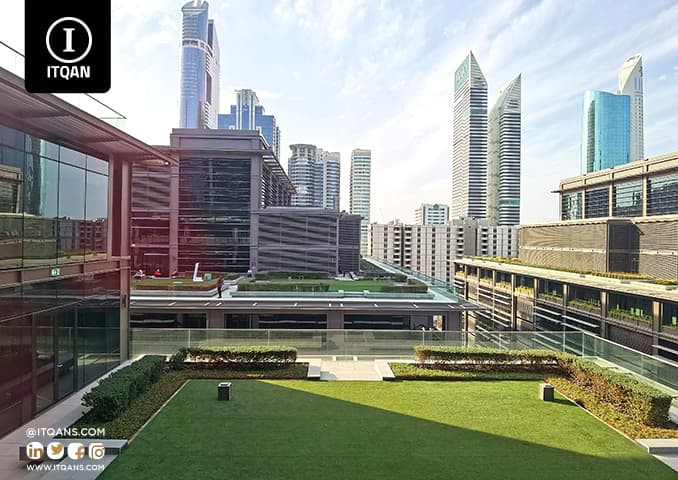
جدول المحتوى
ToggleBenefits of investing in the UAE
Investing in the UAE offers a wide range of benefits that make it a favorite destination for investors from around the world. Here are the most important benefits:
- Favorable business environment: The UAE provides an organized and flexible business environment that supports innovation and growth. The country’s economic and trade policies seek to facilitate investment procedures and provide the necessary support to investors.
- Full foreign ownership: In many free zones, foreign investors are allowed to own 100% of the shares in their companies without the need for a local partner, enhancing full control over the projects.
- Tax exemptions: The UAE provides significant tax benefits, including exemptions from corporate tax, and exemptions from import and export duties in free zones. The value added tax (VAT) is also relatively low.
- Advanced infrastructure: The UAE provides modern, high-level infrastructure, including ports, airports, and advanced road networks. This infrastructure supports commercial operations and contributes to facilitating import and export movement.
- Political and economic stability: The UAE enjoys political and economic stability, which provides a safe environment for investment. The country is considered a global financial center with a strong legal and monetary system.
- Ease of incorporation and registration: Legal procedures for establishing companies in the UAE are usually quick and efficient. There is great support from government agencies to facilitate the registration and issuance of licenses.
- Opportunities to access various markets: The UAE is a strategic link between the East and the West, which provides opportunities to access multiple markets in the Middle East, Africa and Asia.
- Skilled workforce: The UAE has a diverse and skilled workforce, thanks to its attractive immigration policy. Investors can attract talent from all over the world to support their business activities.
- Financial and legal security: The UAE provides a strong legal system to protect property rights and protect investments. There are also financial institutions and legal advisors who can provide the necessary support and advice.
- Innovation and Technology: The UAE encourages investment in technology and innovation, with many initiatives and projects that support entrepreneurship and technological development.
Areas of investment in the UAE
The United Arab Emirates is considered one of the leading investment destinations in the Middle East and North Africa region, thanks to its stable economic environment, advanced infrastructure, and business-friendly policies. Investment areas in the UAE include :
- Real estate: The real estate sector is considered one of the most prominent areas of investment, as investment opportunities include buying, selling and leasing real estate, developing residential and commercial projects, and investing in luxury real estate projects.
- Energy: The UAE offers investment opportunities in the energy sector, including renewable energy such as solar and wind energy, as well as in the oil and natural gas sector.
- Tourism and Hospitality: Opportunities in this field include hotel and resort development, luxury tourism, destination management, and investment in entertainment and heritage facilities.
- Technology and Innovation: The UAE offers great opportunities in the field of technology, including artificial intelligence, blockchain, financial technology (fintech), and information and communications technologies.
- Industry and manufacturing: This field includes investment in the industrial sector, including light and heavy manufacturing, food production, and manufacturing of materials and goods.
- Financial services: This field provides investment opportunities in banking, insurance, financial markets, and other financial services, including investment in emerging financial companies.
- Trade and retail: This field includes investment in department stores, international and local brands, e-commerce, and distribution of products and services.
- Health Care: Investment opportunities in this sector include establishing hospitals and clinics, providing specialized health care services, and investing in medical technology.
- Education: Investment in the education sector includes establishing schools and universities, providing training and professional development programs, and investing in educational technology.
- Agriculture and Food: This field includes investment in sustainable agriculture, agricultural production, food processing, and the development of modern agricultural techniques.
- Transport and Logistics: Includes investment in developing transport infrastructure, port management, logistics services, and sea and air transport.
- Environmental projects: Investment opportunities include investment opportunities in environmental protection projects, recycling, and sustainable environmental technologies.
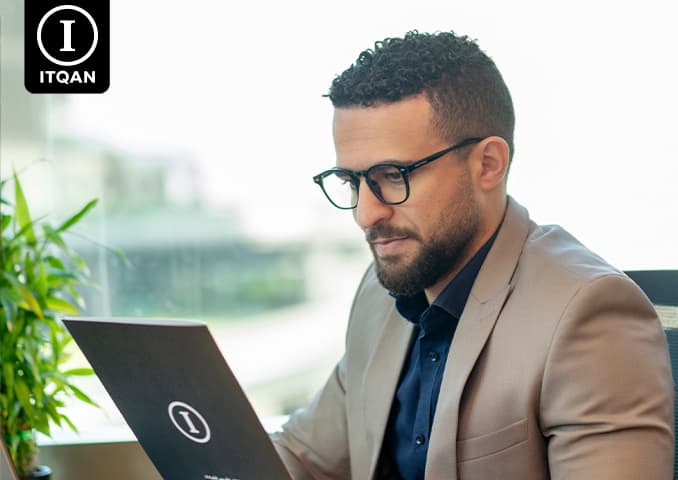
Steps to invest in the Emirates
Investing in the UAE can be a great strategic move thanks to the attractive business environment the country provides. Here are key steps to start investing in the UAE:
- Study the market and identify opportunities: Start by studying the UAE market to determine the investment opportunities available in the sector you are interested in. You can use economic reports, market analyzes, and consult local market specialists.
- Choose the type of investment: Determine the type of investment you want, whether it is establishing a new company, buying real estate, investing in stocks or funds, or entering into partnership projects. Each type of activity has different requirements and procedures.
- Choosing the appropriate location: Choose an investment location that suits your type of business. The UAE includes free zones, commercial zones, and various industrial sites, each of which has its own advantages. For example, if you invest in trade or industry, free zones may be a good option.
- Establishing a legal entity: Determine the appropriate type of legal entity for your investment, such as a limited liability company (LLC), a joint stock company, or a branch of an international company. Register the legal entity with the competent authorities such as the Department of Economic Development or the relevant free zone authority.
- Preparing the required documents: Collect and submit the necessary documents to establish your company or investment, such as passport, residence visas, office lease contract, business plan, and necessary certificates. Documentation varies based on investment type and location.
- Obtaining licenses and permits: Submit an application to obtain the required licenses and permits from the relevant government agencies. Includes commercial, industrial, or professional licenses depending on your type of business.
- Open a bank account: Open a business bank account at a local bank. The account will help you manage funds and conduct financial transactions for the company.
- Rent an Office or Business Location: Find an office or business location that suits your needs. This could be within a free zone or a commercial location depending on the type of activity.
- Recruitment and Recruitment: Recruit and bring in the necessary employees in accordance with local laws. Submit applications for work and residency visas for employees.
- Compliance with local laws and regulations: Ensure compliance with all local laws and regulations, including tax, environmental, and health regulations. Consult with legal counsel or an accountant to ensure compliance with all requirements.
- Startup and Marketing: After completing all legal and administrative steps, start up your business and start implementing marketing strategies to attract customers and increase growth.
- Continuous development: Regularly monitor the performance of your investment and look for opportunities to improve and develop it. Invest in research and development and stay up to date with the latest trends in the market.
At the conclusion of our article about investing in the UAE , we find that the country offers a distinguished investment environment that combines political stability, a diversified economy, and advanced infrastructure. The UAE is an attractive destination for investors from all over the world thanks to a combination of factors that make it a global business hub. The UAE provides tax facilities and exemptions, in addition to a legal environment that encourages investment and enhances the protection of property rights.
The economic advantages offered by the UAE, such as the possibility of full foreign ownership in free zones and exemptions from customs duties, are among the most prominent reasons why investors choose the UAE as an investment destination. Modern and efficient infrastructure supports businesses, making import and export operations easier and more efficient. In addition, political and economic stability in the country provides reassurance to investors, which contributes to creating an environment conducive to growth and innovation.
With a focus on innovation and technology, the UAE offers investors opportunities in modern and advanced sectors, enhancing their competitiveness in global markets. Through smooth legal procedures and fast registration, investors can launch their projects faster and more effectively. The presence of a skilled and diverse workforce enhances the possibility of achieving success and growth in the business.
The most important frequently asked questions about investing in the UAE
What are the most important advantages of investing in the UAE?
The UAE offers a stable business environment, tax exemptions, full ownership of free zones by foreigners, advanced infrastructure, and political and economic stability.
Can foreigners own 100% of companies in the UAE?
Yes, in free zones, foreigners are allowed to own 100% of company shares. In onshore areas, it may require a local partner who owns 51% of the shares.
What are the tax advantages of investing in the UAE?
The UAE offers tax exemptions on profits, and does not impose taxes on personal income, in addition to exemptions from customs duties in free zones.
What are the free investment zones in the UAE?
It includes free zones in the Emirates such as Jebel Ali Zone (JAFZA), Dubai Silicon Oasis, Dubai South, Abu Dhabi Industrial City, and others.
How can I obtain work and residency visas for investors in the UAE?
Work and residence visas can be obtained by submitting applications to the relevant authorities after registering the company and obtaining a license.





